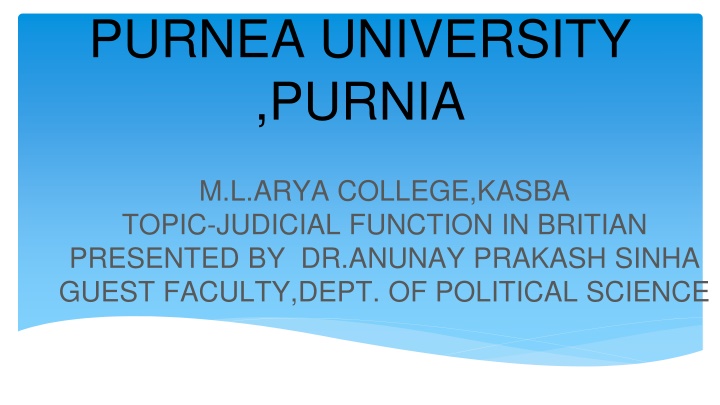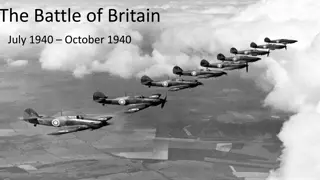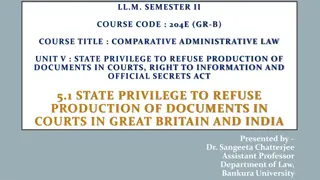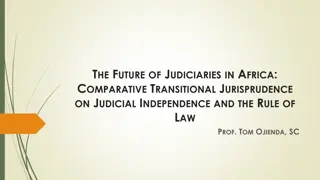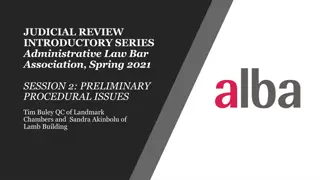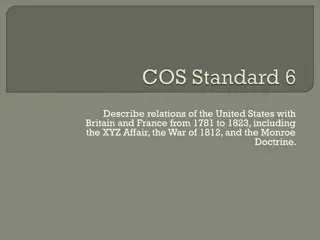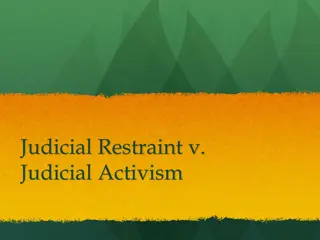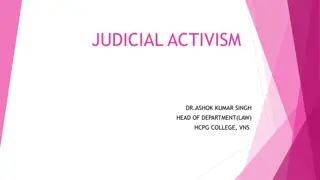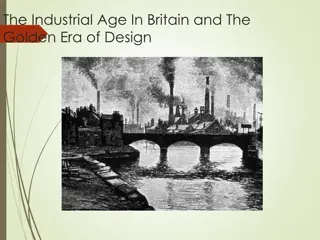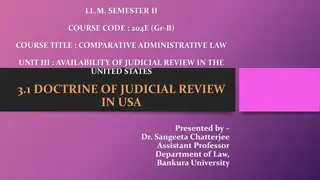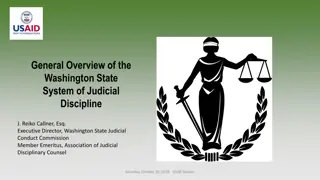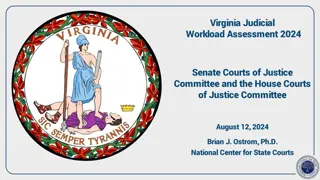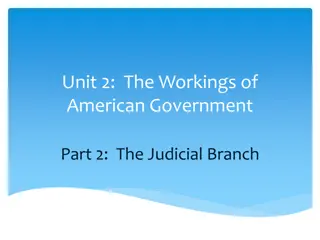Purnea University and M. L. Arya College: Judicial Function in Britain
Presented by Dr. Anunay Prakash Sinha, guest faculty in the Department of Political Science at Purnea University's M. L. Arya College, this content delves into the role of judicial functions in modern-day Britain. Explore the intricacies of this topic with valuable insights from an esteemed expert in the field.
Download Presentation

Please find below an Image/Link to download the presentation.
The content on the website is provided AS IS for your information and personal use only. It may not be sold, licensed, or shared on other websites without obtaining consent from the author.If you encounter any issues during the download, it is possible that the publisher has removed the file from their server.
You are allowed to download the files provided on this website for personal or commercial use, subject to the condition that they are used lawfully. All files are the property of their respective owners.
The content on the website is provided AS IS for your information and personal use only. It may not be sold, licensed, or shared on other websites without obtaining consent from the author.
E N D
Presentation Transcript
PURNEA UNIVERSITY ,PURNIA M.L.ARYA COLLEGE,KASBA TOPIC-JUDICIAL FUNCTION IN BRITIAN PRESENTED BY DR.ANUNAY PRAKASH SINHA GUEST FACULTY,DEPT. OF POLITICAL SCIENCE
Parliament was the highest court in the realm for most purposes, but the Privy Council had jurisdiction in some cases (for instance, appeals from ecclesiastical courts). The jurisdiction of Parliament arose from the ancient custom of petitioning the Houses to redress grievances and to do justice.
The House of Commons ceased considering petitions to reverse the judgements of lower courts in 1399, effectively leaving the House of Lords as the court of last resort. In modern times, the judicial functions of the House of Lords were performed not by the whole House.
However, under the Constitutional Reform Act 2005, these judicial functions were transferred to the newly created Supreme Court in 2009, and the Lords of Appeal in Ordinary became the first Justices of the Supreme Court. Peers who hold high judicial office are no longer allowed to vote or speak in the Lords until they retire as justices.
other judicial functions have historically been performed by the House of Lords. Until 1948, it was the body in which peers had to be tried for felonies or high treason; now, they are tried by normal juries. The last occasion of the trial of a peer in the House of Lords was in 1935.
When the House of Commons impeaches an individual, the trial takes place in the House of Lords. Impeachments are now possibly defunct, as the last one occurred in 1806. In 2006, a number of MPs attempted to revive the custom, having signed a motion for the impeachment of Tony Blair, but this was unsuccessful.
